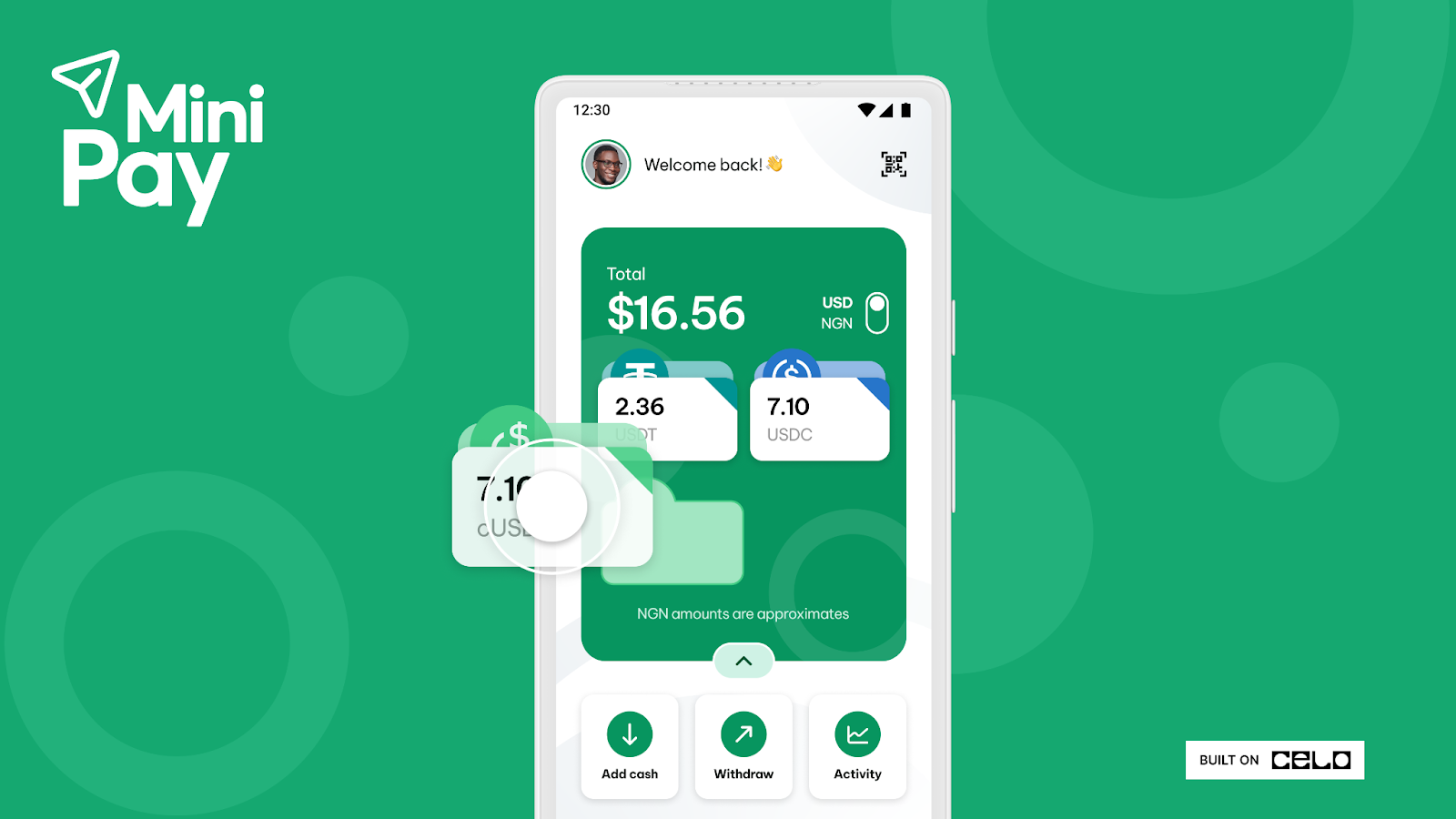Ethereum users are fed up with frontrunners eating their lunch, so they’re turning to private transactions in droves.
Over the past year, these private transactions have quietly taken over more than half of all Ethereum L1 block space, based on gas usage. The network’s getting less transparent, which affects everyone: from the wallets we use to the dApps we trust.
Private transactions chew up more gas
Private transactions aren’t new, but what’s shocking is how much gas they’re burning through. Historically, folks looked at the number of private transactions to get a sense of how big the market was. But now, the real action is in the gas used.
Even though only about 30% of all transactions are private, they now gobble up more than 50% of Ethereum’s gas. That’s because these private transactions aren’t just simple transfers; they’re often complex, gas-guzzling operations like swaps that need protection from frontrunning.
If you’re wondering why the gas used is a big deal, it’s because it tells us more about the economic activity on the network than just the number of transactions.
Every bit of gas used is a slice of the block’s capacity, and it reflects the real value of that block space. So this move to private transactions means we’re seeing a whole new economic layer on Ethereum.
Base fees are going haywire
Now, here’s where it gets even crazier. The increase in private transactions is messing with Ethereum’s base fees. Remember the EIP-1559 upgrade back in 2021? It introduced a dynamic base fee that changes depending on how crowded the block space is.
Well, with all these private transactions eating up gas, the base fees are swinging wildly. Private transactions are pushing out so-called “vanilla blocks” (the ones built without MEV-Boost) and filling the space with their own, making the base fee a rollercoaster ride.
This volatility is a serious headache for anyone trying to use the network. The more private transactions there are, the crazier the base fee gets, especially as big players like Beaver, Titan, Rsync, and Flashbots corner the market.
Let’s talk numbers. The top builders have been cranking up their private transaction game. Since March 2024, Titan ramped up from around 3.5 million to 8.5 million private gas used, Beaver jumped from 3 million to 7.5 million,
Flashbots from 3 million to 7 million, and Rsync from 2.5 million to 6 million. That’s a massive surge, and it’s pushing everyone else out of the game.
Blocks from smaller builders are shrinking in gas usage, with many struggling to hit the 15 million gas target set by EIP-1559.





